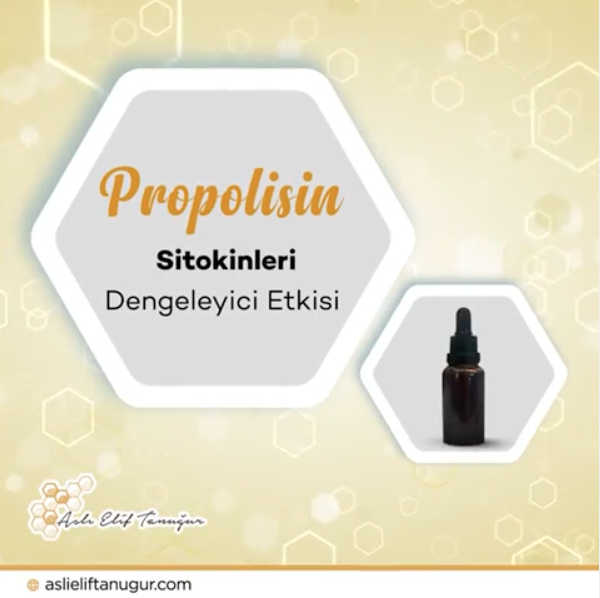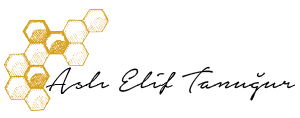 Research conducted at Otto Von Guericke University, Germany, in 2003 demonstrated that propolis and its flavonoid constituents suppressed cytokines causing inflammation in human body cells and improved the immunomodulatory regulation. The study investigated the effects of different propolis extracts, of the flavonoids hesperidin, quercetin, and caffeic acid phenethyl ester (CAPE) on human immune cell functions. The results showed that propolis and its constituents suppressed phytohemagglutinin-induced DNA synthesis of peripheral blood mononuclear cells and T cells in addition to different types of cytokines. In contrast, the production of TGF-beta1 by T regulatory cells was increased. Those results indicated a direct regulatory effect of propolis on the basic functional properties of immune cells. The scientists propose that propolis can be a powerful natural anti-inflammatory medicine influencing different types of immune responses.
Research conducted at Otto Von Guericke University, Germany, in 2003 demonstrated that propolis and its flavonoid constituents suppressed cytokines causing inflammation in human body cells and improved the immunomodulatory regulation. The study investigated the effects of different propolis extracts, of the flavonoids hesperidin, quercetin, and caffeic acid phenethyl ester (CAPE) on human immune cell functions. The results showed that propolis and its constituents suppressed phytohemagglutinin-induced DNA synthesis of peripheral blood mononuclear cells and T cells in addition to different types of cytokines. In contrast, the production of TGF-beta1 by T regulatory cells was increased. Those results indicated a direct regulatory effect of propolis on the basic functional properties of immune cells. The scientists propose that propolis can be a powerful natural anti-inflammatory medicine influencing different types of immune responses.
Reference: 2. Ansorge S, Reinhold D, Lendeckel U, Propolis and Some of its Constituents Down-Regulate DNA Synthesis and Inflammatory Cytokine Production but Induce TGF-B1 Production of Human Immune Cells, Z. Naturforsch. 580-589, (2003).
You can see other publications propolis on reducing cytokines below.
Antimicrobial Activity of Propolis Extract on URT Infections in (1)
Assessment of the radioprotective effect of propolis in breast cancer patients undergoing radiotherapy. New perspective for an old honey bee product (1)
Effect of Propolis on Streptococcus mutans Counts- An in vivo Study
EFFECTIVENESS OF A PROPOLIS AND ZINC SOLUTION IN PREVENTING ACUTE
Effects of bee propolis supplementation on glycemic control, lipid profile and insulin resistance indices in patients with type 2 diabetes- a randomized, double-blind clinical trial
Honey and a Mixture of Honey, Beeswax, and Olive Oil–Propolis Extract in Treatment of Chemotherapy-Induced Oral Mucositis- A Randomized Controlled Pilot Study
Propolis supplementation improves glycemic and antioxidant status in patients with type 2 diabetes- A randomized, double-blind, placebocontrolled study
Di-pierro-2016-Role-of-a-proprietary-propolis-base (3)
Effect of Propolis supplementation on C-reactive protein levels and other inflammatory factors- A systematic review and meta-analysis of randomized controlled trials
Effectofpropolisflavonoids (2)
Effects of ethanol and water extracts of propolis (bee glue) on acute inflammatory animal models
Propolis Exerts an Anti-Inflammatory Effect on PMA-Differentiated THP-1 Cells via Inhibition of Purine Nucleoside Phosphorylase
Randomized Double-Blind Placebo-Controlled Trial of Propolis for Oral Mucositis in Patients Receiving Chemotherapy for Head and Neck Cancer (1)
The effect of caffeic acid phenethyl ester on the functions of human monocyte-derived dendritic cells
